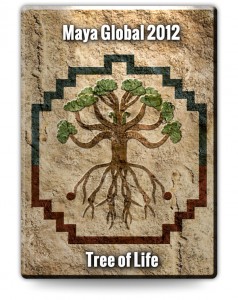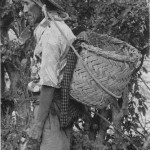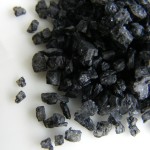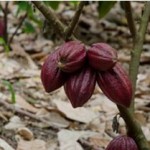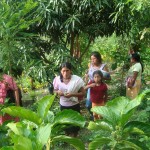This organization of 1,200 small coffee growers represents 3 Maya Lake communities in the mountainous volcano region surrounding Lake Atitlan. Most of the growers walk over two hours carrying sacks of hand picked beans on their backs to the nearest dirt road for truck pickup. They are forced by economic conditions to sell their crop to the local wholesalers, called coyotes, who mix their beans with industrial grade ones grown in the lowlands.
The growers represent 21 department of Guatemala and 250 of them are currently certified as organic. The rest use the same methods, but have not filed the necessary paperwork. They presently grow and wet process 50,000 pounds of green beans for export. They roast only 2,500 pounds for sale in the local markets. The beans are grown at high elevations giving them a much higher value that is often unrealized.
Growers are currently receiving around $250 dollars for 100 pounds of green coffee beans. Using the figures of 1,200 growers and annual production of 50,000 pounds, one can compute annual revenue of $105 per grower per year. That number can be radically increased by upping production and enlarging the percentage of roasted beans. With increased capital the harvest could be increased to 100,000 pounds in one year and be doubled again in years two and three. The current wholesale price of roasted beans in Guatemala is about $7. One can easily figure that if 200,000 pounds were produced and half of that were sold as roasted beans, then the annual revenue per grower would increase to $688. That would have a profound effect on each of the families involved and it would impact the entire area.
Maya Global is working now to investigate just what is needed to make the example above a reality. A budget is being created and plans are in the works. Of course, the results would be even greater if the coffee were to be sold at retail prices in the Maya Global marketplace. That is the beauty of Maya Global 2012. Giving people around the world the opportunity to help others by purchasing quality products created by Maya people.
